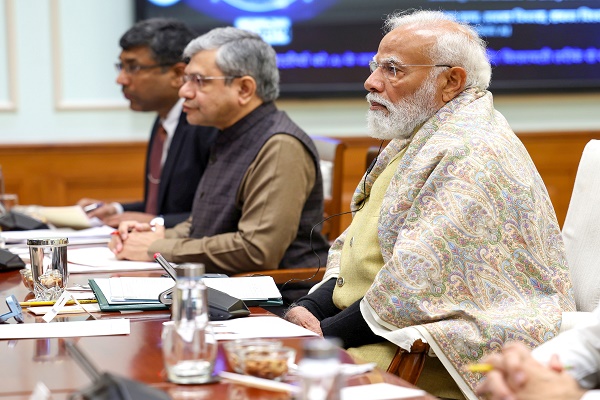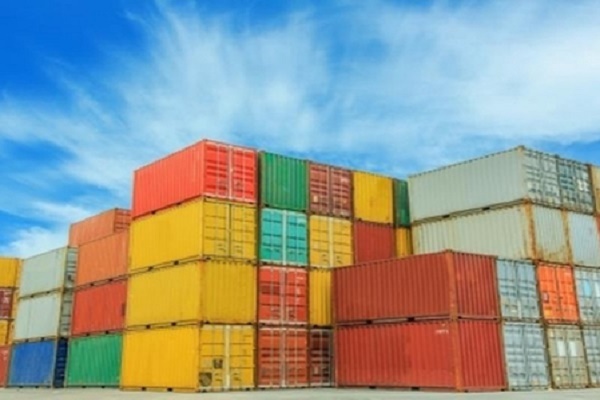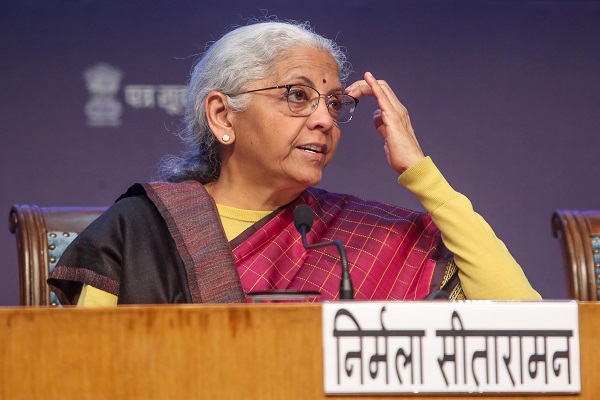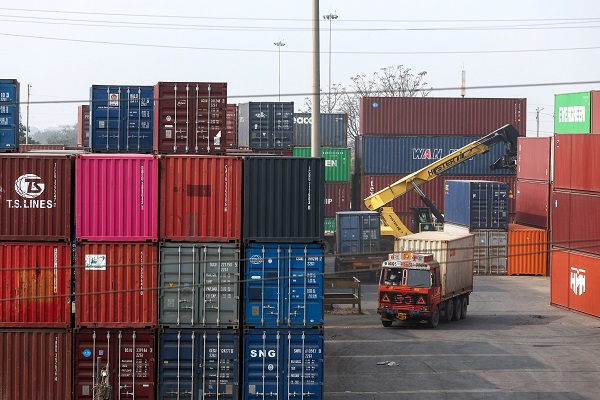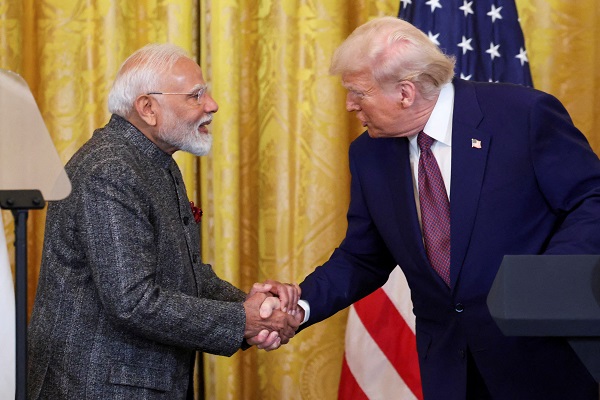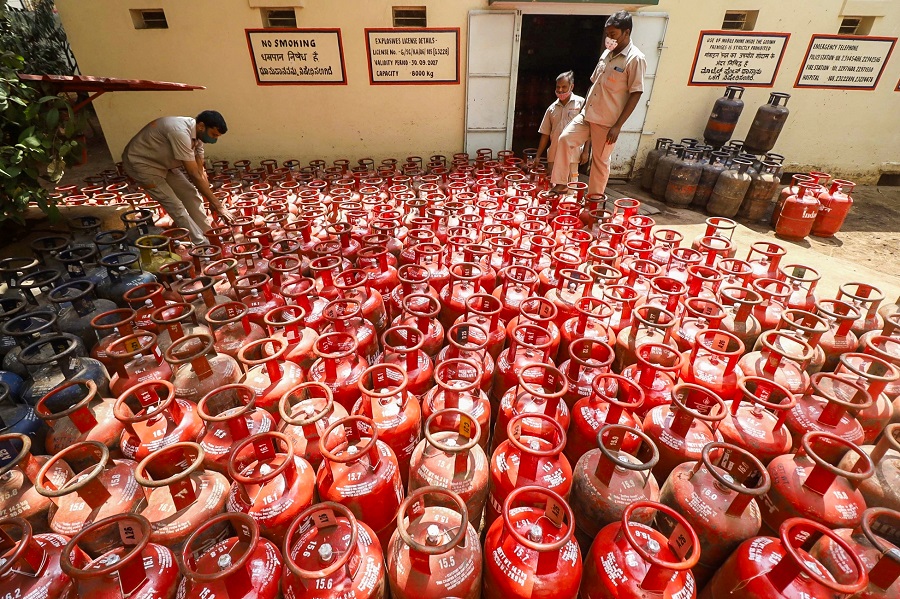DGTR to not impose anti-dumping duty on Chinese chemical used in pharma industry

The commerce ministry's investigation arm Directorate General of Trade Remedies (DGTR) will not impose anti-dumping duty on a Chinese chemical used in pharma industry as the finance ministry has not accepted the recommendations of DGTR for imposing the levy. The commerce ministry's investigation arm DGTR had conducted a probe into the alleged dumping of (4R-Cis)-1-1-Dimethylethyl-6-cyanomethyl-2, 2-dimethyl-1, 3-dioxane-4-acetate from China, and in August it recommended the imposition of the duty.
A memorandum of Department of Revenue has said that the central government, after considering the final findings of the designated authority (DGTR), has decided not to accept the recommendations. While DGTR recommends the duty, Department of Revenue takes the final decision to impose it. This chemical is also known as ATS-8, which is a key raw material for manufacturing Atorvastatin active pharmaceutical ingredient. In international trade parlance, dumping happens when a country or a firm exports an item at a price lower than the price of that product in its domestic market. Dumping impacts the price of that product in the importing country, hitting the margins and profits of manufacturing firms.
According to global trade norms, a country is allowed to impose tariffs on such dumped products to provide a level-playing field to domestic manufacturers. The duty is imposed only after a thorough investigation by a quasi-judicial body, such as DGTR, in India. The duty is aimed at ensuring fair trading practices and creating a level-playing field for domestic producers vis-a-vis foreign producers and exporters.

